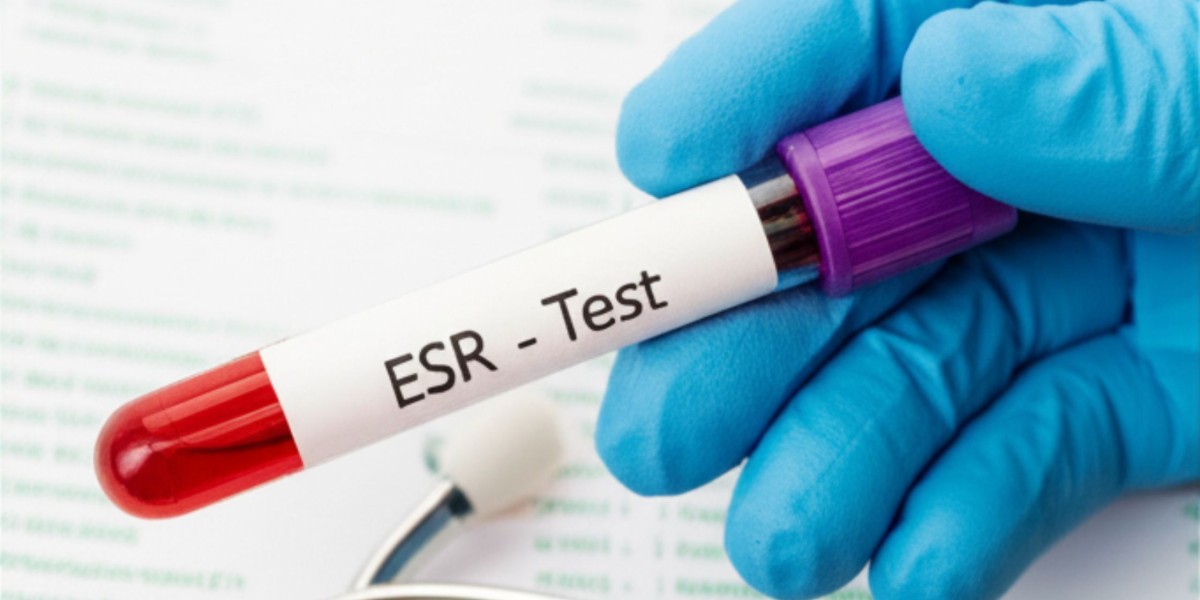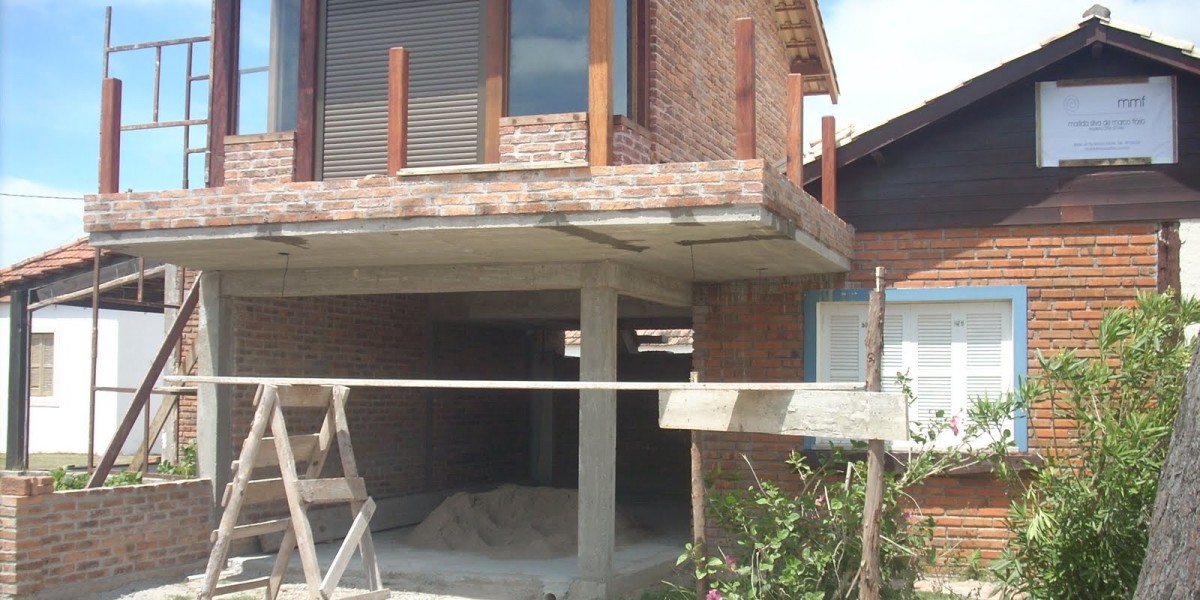The Erythrocyte Sedimentation Rate (ESR) Test is a common blood test used to detect inflammation in the body. While it does not diagnose a specific disease, it helps doctors identify if there’s an ongoing infection, autoimmune condition, or chronic inflammatory disorder. If your doctor suspects inflammation, they may recommend an ESR Test Price along with other diagnostic tests for a complete evaluation.
What is the ESR Test?
The ESR test measures how quickly red blood cells settle at the bottom of a test tube in one hour. Normally, red blood cells settle slowly, but during inflammation, certain proteins cause them to clump together and settle faster. A higher ESR level indicates the presence of inflammation, while a lower ESR level is usually normal.
Why is the ESR Test Done?
Doctors recommend an ESR test to:
Detect chronic inflammation
Monitor the progress of inflammatory diseases like arthritis, lupus, or tuberculosis
Assess the effectiveness of treatment for inflammatory conditions
Help in the diagnosis of certain infections and autoimmune disorders
It’s important to note that ESR is not a standalone diagnostic test. It is usually performed alongside other tests such as C-Reactive Protein (CRP), Complete Blood Count (CBC), or specific disease marker tests.
ESR Test Price in India
The ESR test price varies depending on the city, healthcare provider, and whether it’s done in a standalone lab or as part of a health package. On average:
Low-cost labs: ₹150 – ₹300
Premium diagnostic centers: ₹300 – ₹600
Part of a health package: May cost less when combined with multiple tests
Some diagnostic centers offer free home sample collection, which can be convenient for elderly patients or those unable to visit a lab.
How to Prepare for an ESR Test?
One of the advantages of the ESR test is that it requires no special preparation. However:
Inform your doctor about any medications you are taking, as some drugs can affect the ESR reading.
If the ESR is part of a full health checkup, you may be advised to fast for other tests, even though ESR itself doesn’t require fasting.
Procedure of the ESR Test
The test is simple and quick:
A healthcare professional will draw a small blood sample from your arm.
The sample is placed in a vertical test tube.
The rate at which red blood cells settle is measured after one hour.
Results are usually available the same day or within 24 hours.
Understanding ESR Test Results
Normal ESR values depend on age and gender:
Men under 50 years: 0–15 mm/hr
Men over 50 years: 0–20 mm/hr
Women under 50 years: 0–20 mm/hr
Women over 50 years: 0–30 mm/hr
High ESR levels may indicate:
Infections (bacterial, viral, or fungal)
Autoimmune diseases like rheumatoid arthritis or lupus
Chronic kidney disease
Certain cancers
Low ESR levels are generally not a cause for concern but may be linked to conditions like polycythemia or sickle cell anemia.
Benefits of ESR Testing
Early Detection – Helps identify inflammation before symptoms worsen
Treatment Monitoring – Assists in tracking disease progression
Non-invasive & Affordable – Simple blood test without complex procedures
Final Thoughts
The ESR test is a valuable tool for detecting inflammation in the body, though it should always be interpreted along with other tests and clinical evaluations. The ESR test price in India is affordable, making it accessible for routine health checks. If you experience unexplained fever, fatigue, joint pain, or swelling, consult your doctor and discuss whether an ESR test is appropriate for you.
Early diagnosis can make a significant difference in treatment outcomes, so never ignore persistent symptoms.








